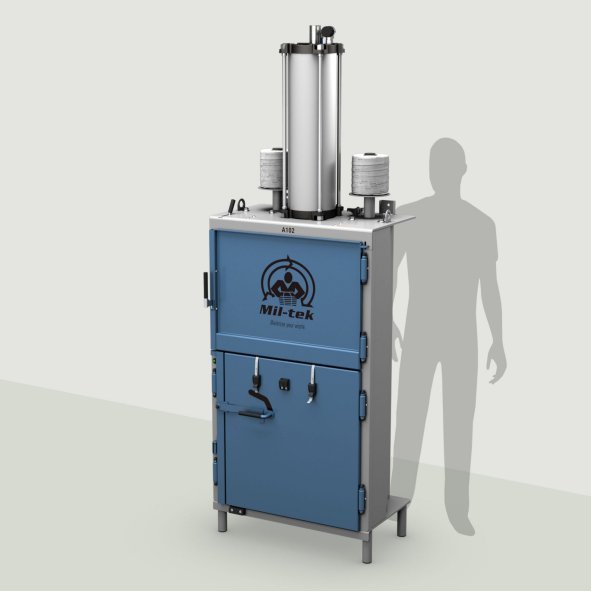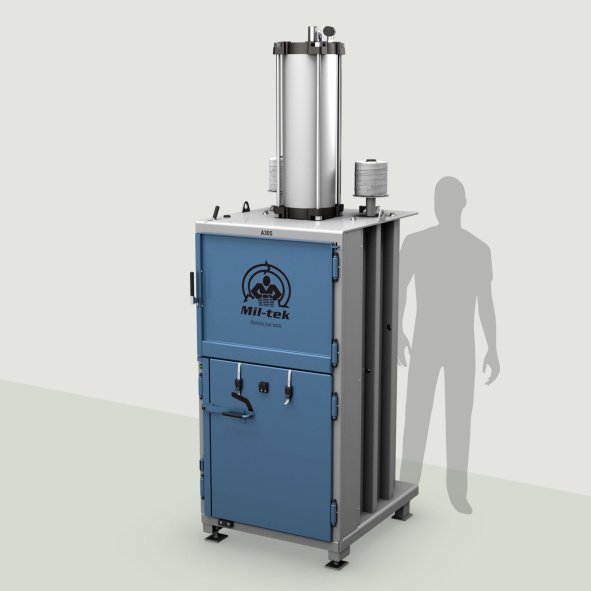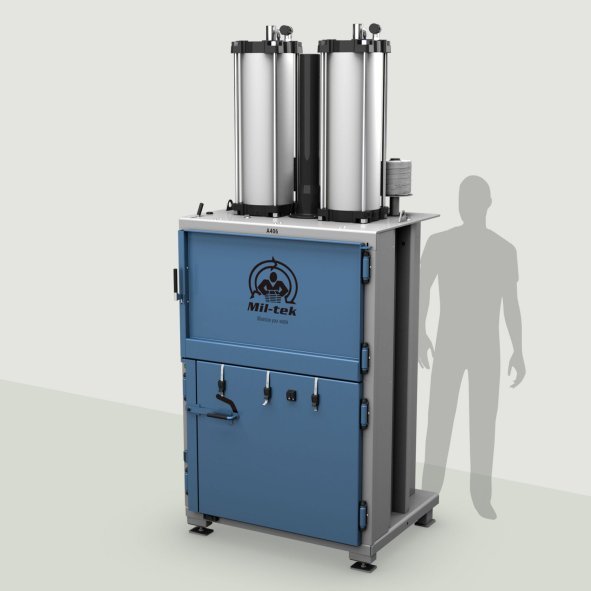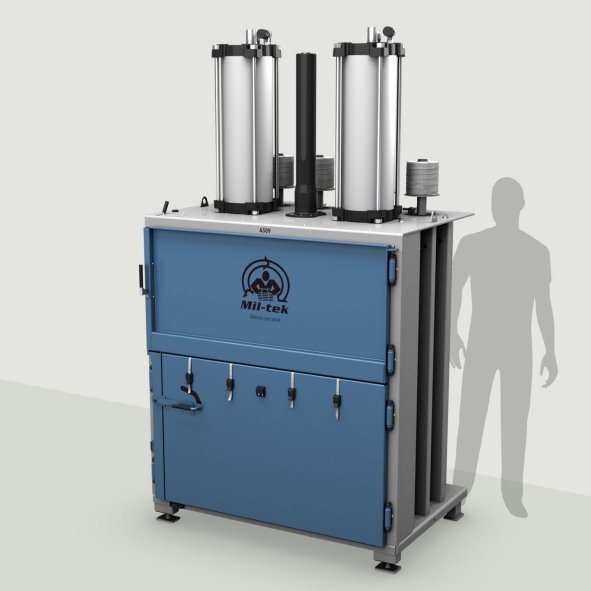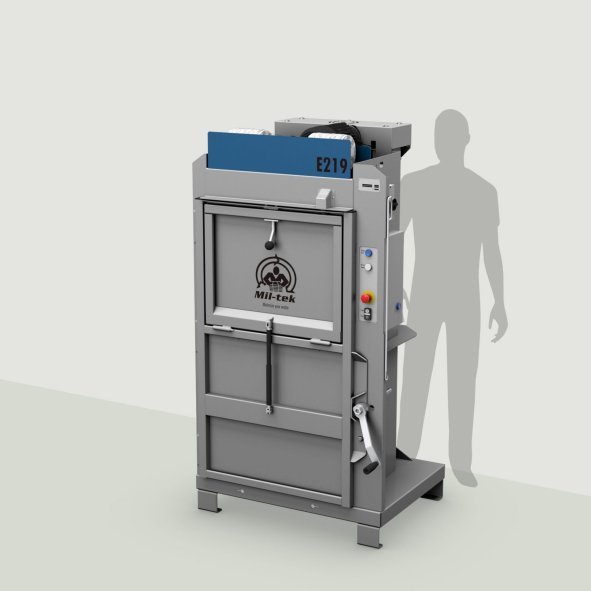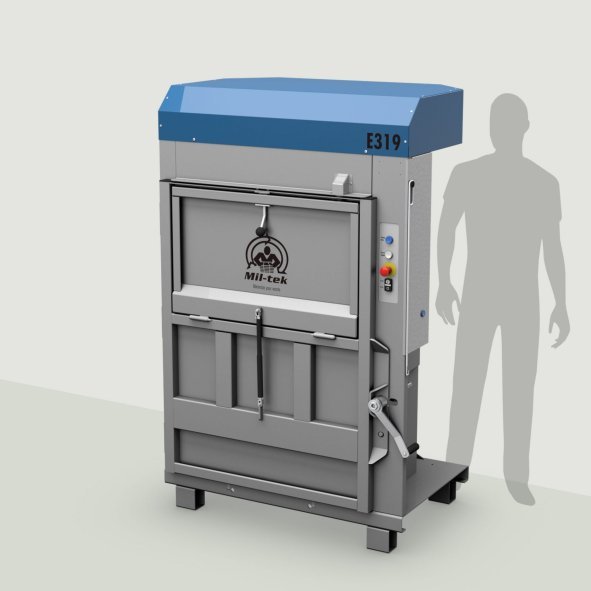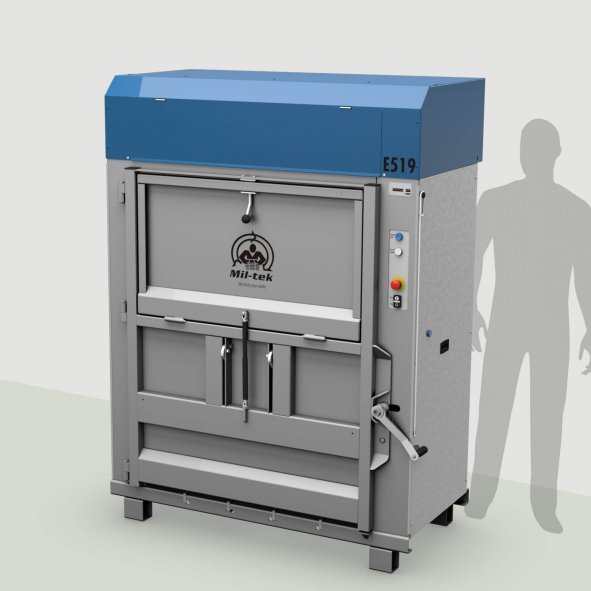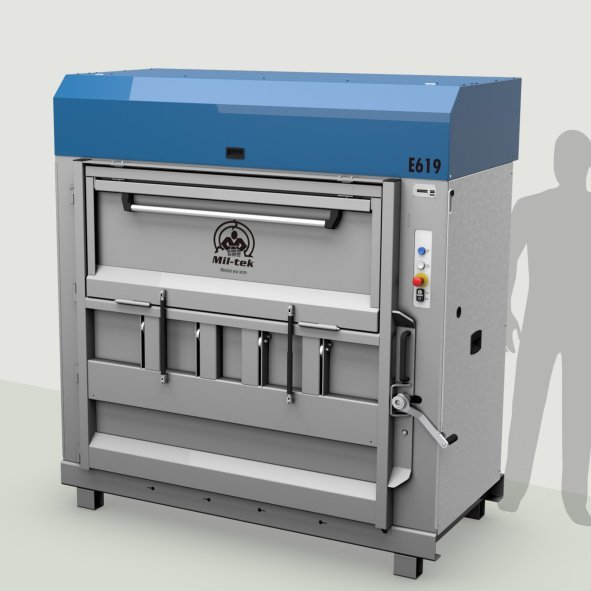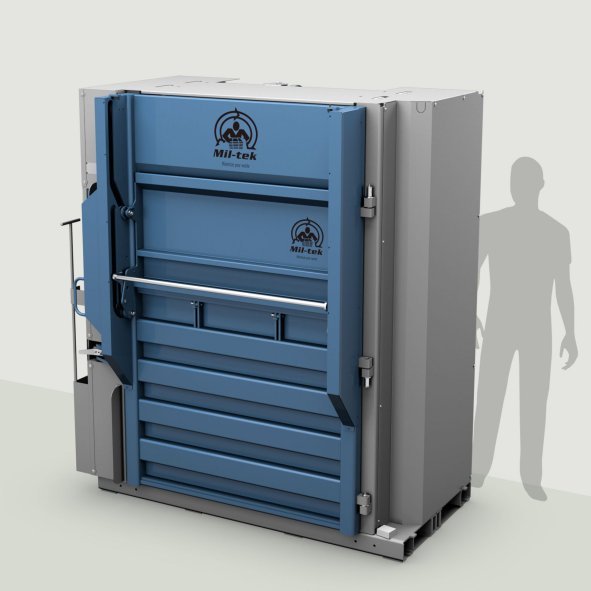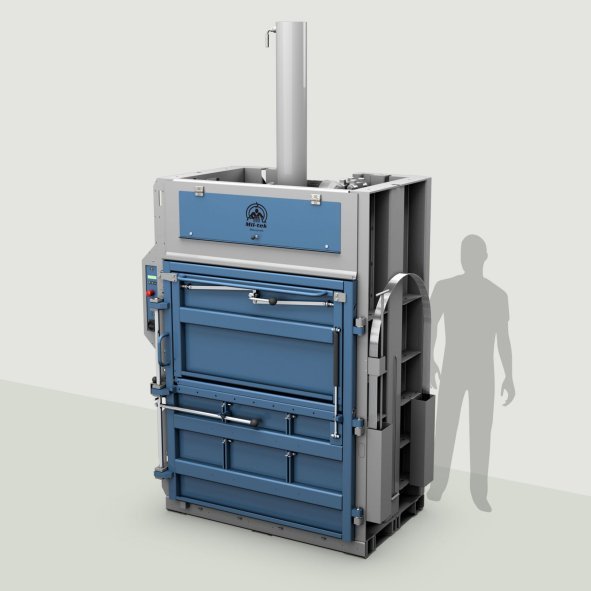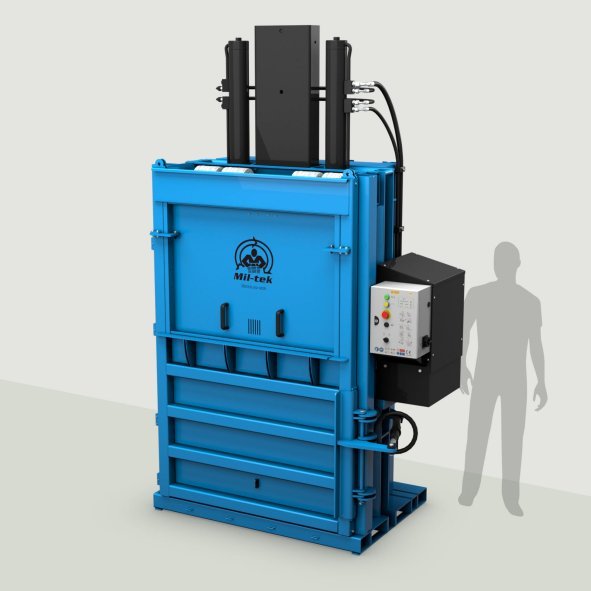How Many Landfills Are in the UK?
Landfill capacity and environmental concerns are growing issues in the UK. With rising waste and limited space, the question is: How many landfills are in the UK? This article explores the current landscape and how Mil-tek’s sustainable solutions help reduce landfill reliance.
Overview of landfills in the UK
What is a landfill? A brief overview
A landfill is a site designated for the disposal of waste materials by burial. In the UK, there are two main types: licensed landfill sites, which accept a range of waste types including household and industrial waste, and inert landfill sites, which only accept non-reactive materials like soil, concrete, and bricks.
Over time, regulations have tightened to reduce the environmental impact of landfilling. The EU Landfill Directive and the UK Waste Strategy have been key drivers in limiting biodegradable waste, improving site standards, and encouraging alternative waste treatments.
Historically, landfilling was the UK’s primary waste disposal method. However, in recent decades, there has been a significant shift. Recycling rates have increased, and more waste is now processed through incineration and energy recovery, reducing the country’s reliance on landfill. As a result, the number and use of landfill sites have declined steadily, marking a change in national waste management priorities.
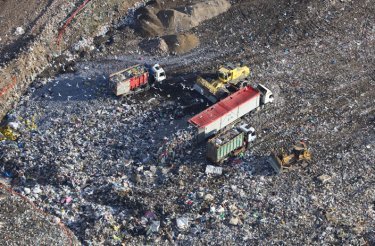
How many landfills are in the UK?
According to the most recent UK waste-infrastructure tables compiled by Defra and the four national environment agencies, a little over 620 sites hold a current landfill permit across the United Kingdom.
Importantly, a permit does not guarantee that a site is still taking waste. Many locations have stopped accepting material and are now capped, under restoration, or only monitored for environmental compliance.
Regional picture and capacity trend
While numbers vary by nation and county, every UK region shows the same long-term trajectory: landfill capacity is shrinking as old cells reach their limits and new permits become rarer. This decline reflects stricter regulatory standards, rising landfill tax, and policy drives that prioritise recycling, energy recovery and waste-minimisation over burial. As a result, the headline count of permitted sites – and the volume of void space they offer – continues to fall year-on-year, with closures outpacing any new authorisations.
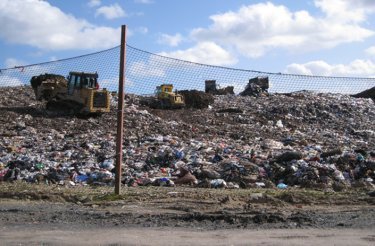
Environmental and economic impact of landfills
Environmental concerns
Landfills pose serious short- and long-term risks. As organic waste breaks down anaerobically, it releases methane—a greenhouse gas far more potent than carbon dioxide. Poorly managed sites risk soil and groundwater contamination from leachate, a toxic liquid that can pollute surrounding ecosystems. These impacts drive habitat loss, biodiversity decline, and long-lasting ecological damage that may take decades to repair.
Financial costs
Landfill use is increasingly expensive. The UK’s steadily rising Landfill Tax now adds significant cost per tonne, alongside transport, gate, and compliance fees that raise operational expenses. For many organisations, these costs are a strong incentive to adopt more sustainable waste strategies.
Regulatory pressures
UK governments are enforcing strict targets to cut landfill use and boost recycling and recovery. Non-compliance can mean penalties, reputational harm, or higher costs. Reducing landfill reliance is now an environmental, financial, and legal imperative.
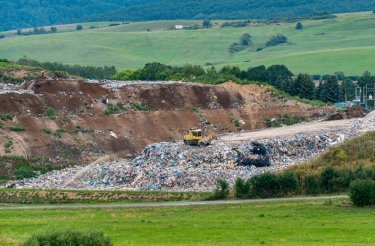
The Role of Recycling & Baling in Reducing Landfill Reliance:
Importance of recycling and waste separation
Recycling and proper waste separation play a crucial role in reducing landfill dependence. By diverting materials like cardboard, plastic, and other recyclables away from general waste, businesses can significantly cut waste disposal costs. In many cases, sorted recyclables – especially when baled – can be sold to recycling processors, turning waste into a revenue stream rather than an expense.
How balers and compactors help
This is where Mil-tek’s cardboard balers and plastic balers provide a practical solution. Balers compress recyclable materials into dense, manageable bales that are easier to store, transport, and sell. This not only improves site efficiency but also supports compliance with recycling regulations. Meanwhile, waste compactors reduce the volume of general waste by up to 90%, meaning fewer skip pickups, lower transport emissions, and reduced reliance on landfill.
Together, these technologies help businesses manage waste more effectively, lower operational costs, and move toward a more sustainable, circular waste model, all while supporting UK-wide efforts to divert waste from landfill.
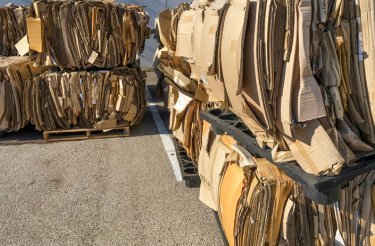
How Mil-tek’s waste management solutions can help
Mil-tek provides a full range of vertical balers, horizontal balers, and specialised equipment for various waste streams. Built for versatility, they handle cardboard, soft and hard plastics, paper, and other recyclables, allowing businesses to streamline waste management across multiple materials with one solution.
Cost savings & ROI
Compacting waste at source reduces landfill volumes, cutting Landfill Tax, transport, and skip collection costs. Segregating recyclables can also generate rebates, with many clients achieving a fast return on investment – often within the first year – through combined savings and revenue.
Environmental benefits
By reducing waste transport frequency and diverting recyclables from landfill, Mil-tek solutions lower CO₂ emissions and support sustainability and circular economy goals.
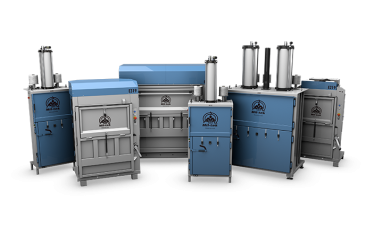
Practical Tips for Businesses Looking to Reduce Landfill Usage
1. Waste audit
Start by conducting a thorough waste audit to understand exactly what materials your business is discarding. Separate waste into categories, such as cardboard, plastics, paper, and general waste, to identify what can be recycled versus what must go to landfill. This simple step often uncovers opportunities to divert significant volumes from disposal.
2. Staff training and engagement
Your waste strategy is only as strong as your team’s participation. Provide clear training on proper disposal methods and safe baler or compactor usage. Support this with visible signage, colour-coded bins, and straightforward processes so recycling becomes second nature. Engaged staff can dramatically improve recycling rates.
3. Ongoing monitoring and improvement
Track monthly waste volumes, recycling outputs, and associated costs. Reviewing these figures regularly helps you spot trends, measure progress, and adapt to changes in waste streams or regulations. Continuous improvement ensures your business stays compliant, reduces landfill dependency, and maximises both environmental and financial benefits.
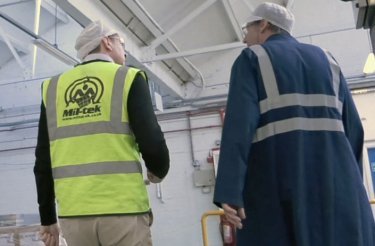
Frequently Asked Questions About Landfills in UK
How many landfills are in the UK, really?
The UK has fewer than 500 active landfill sites, a number that continues to decline due to stricter regulations and sustainability targets.
Are there government incentives to reduce landfill usage?
Yes, businesses may access tax reliefs, grants, or funding schemes for waste reduction, recycling initiatives, and energy-efficient equipment.
What types of waste can Mil-tek machines handle?
Our balers and compactors process cardboard, soft and hard plastics, foam, paper, and other recyclable materials.
What size business benefits most from Mil-tek’s solutions?
From small retail shops to large distribution centres, our equipment scales to suit any operation.
How quickly can I see ROI from a Mil-tek solution?
Timeframes vary, but many customers recover costs within the first year through reduced landfill fees, lower collection costs, and recycling rebates.
Take action today!
Mil-tek’s range of efficient balers and compactors helps organisations cut landfill volumes, boost recycling rates, and save on operational costs.
Whether you run a small shop or a large distribution centre, we can tailor a solution to fit your needs.
Contact us for a free consultation to start reducing your landfill impact.
